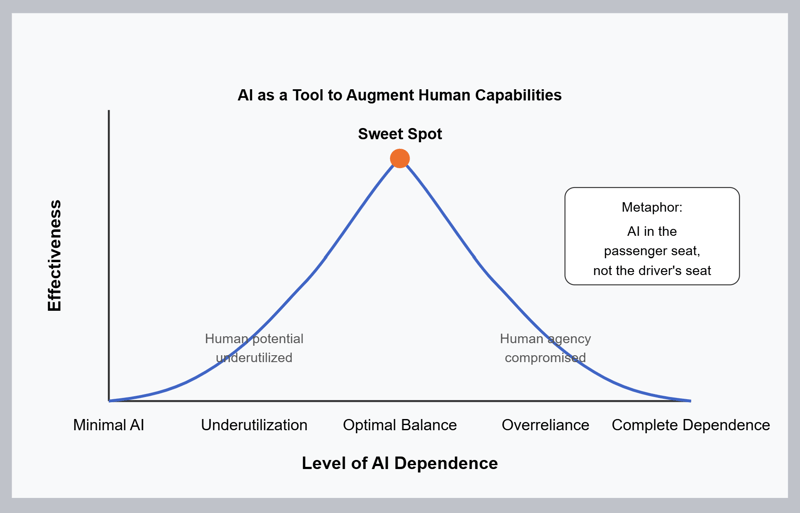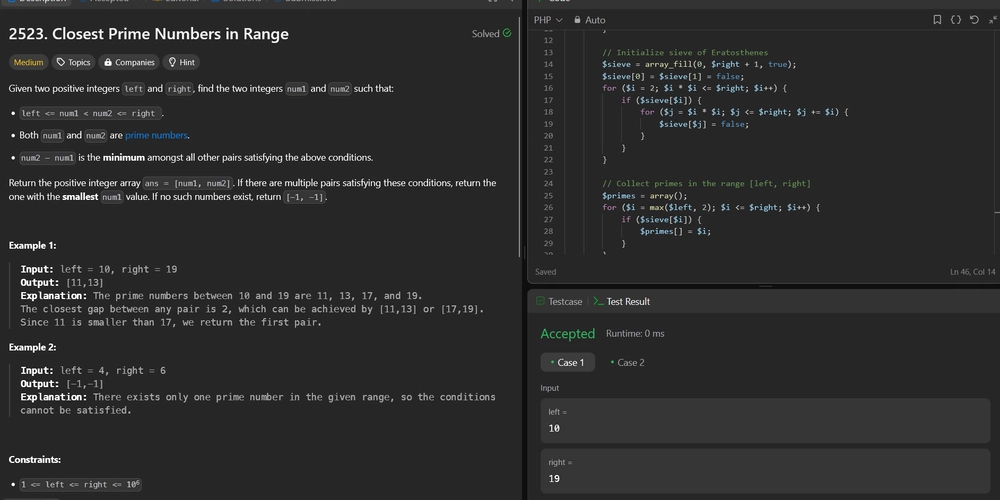How can AI find my WEBSITE?
Have you noticed that we’re browsing the traditional web less and less? Instead of opening your browser and typing in Google, you simply ask your AI assistant: “What is SEO and how can it help my website?” In seconds, you receive a clear and concise answer—without having to scroll through multiple pages. That’s when my concern began. As a developer, I’ve always relied on traditional SEO strategies to increase my site’s visibility. But with the rise of AI that can search and understand content in a semantic way, I started to wonder: How do AIs search the web, and how can I make sure my site is optimized for them? The Dual Training Challenge At first, I thought improving my traditional SEO would be enough. I optimized keywords, improved loading speed, and ensured a clean link structure. A small step forward—but soon, I realized it wasn’t enough. AIs don’t just look for keywords; they look for context, relevance, and depth. It wasn’t just about speaking Google’s language, but rather about speaking AI’s language. This meant creating richer content, implementing structured data, and ensuring that each page provided real and relevant value. The Revelation: A New Strategy Needed Consulting with different AI models revealed a fundamental truth: 1. Quality and Relevant Content Make sure your content answers users’ questions. Think about how people phrase their queries and use natural language that reflects that. ✅ Instead of just writing about “SEO”, create a complete guide that answers specific questions like: How does SEO work in 2025? 2. Structured Data Implement schema markup using JSON-LD to help AIs understand the context of your content.
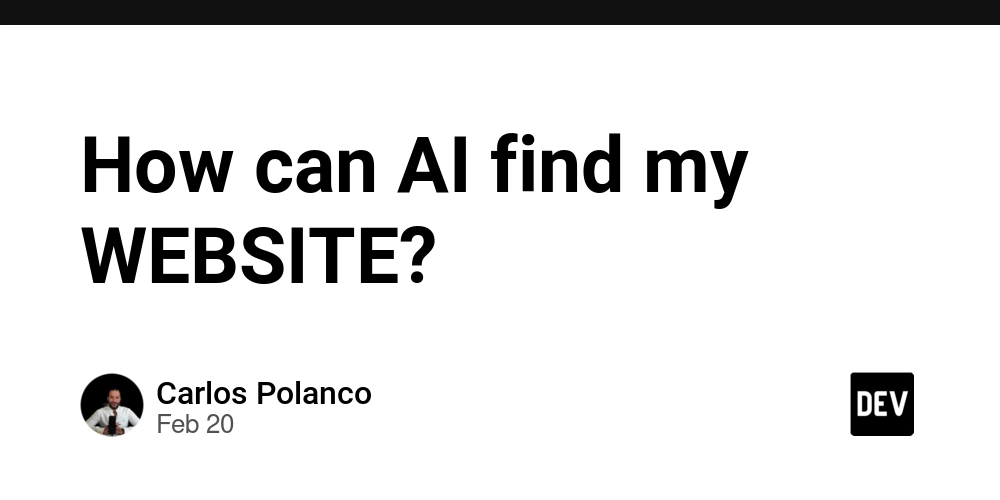
Have you noticed that we’re browsing the traditional web less and less? Instead of opening your browser and typing in Google, you simply ask your AI assistant:
“What is SEO and how can it help my website?”
In seconds, you receive a clear and concise answer—without having to scroll through multiple pages.
That’s when my concern began. As a developer, I’ve always relied on traditional SEO strategies to increase my site’s visibility. But with the rise of AI that can search and understand content in a semantic way, I started to wonder:
How do AIs search the web, and how can I make sure my site is optimized for them?
The Dual Training Challenge
At first, I thought improving my traditional SEO would be enough. I optimized keywords, improved loading speed, and ensured a clean link structure.
A small step forward—but soon, I realized it wasn’t enough. AIs don’t just look for keywords; they look for context, relevance, and depth. It wasn’t just about speaking Google’s language, but rather about speaking AI’s language.
This meant creating richer content, implementing structured data, and ensuring that each page provided real and relevant value.
The Revelation: A New Strategy Needed
Consulting with different AI models revealed a fundamental truth:
1. Quality and Relevant Content
Make sure your content answers users’ questions. Think about how people phrase their queries and use natural language that reflects that.
✅ Instead of just writing about “SEO”, create a complete guide that answers specific questions like:
How does SEO work in 2025?
2. Structured Data
Implement schema markup using JSON-LD to help AIs understand the context of your content.











































































































































































![[The AI Show Episode 142]: ChatGPT’s New Image Generator, Studio Ghibli Craze and Backlash, Gemini 2.5, OpenAI Academy, 4o Updates, Vibe Marketing & xAI Acquires X](https://www.marketingaiinstitute.com/hubfs/ep%20142%20cover.png)
















































































































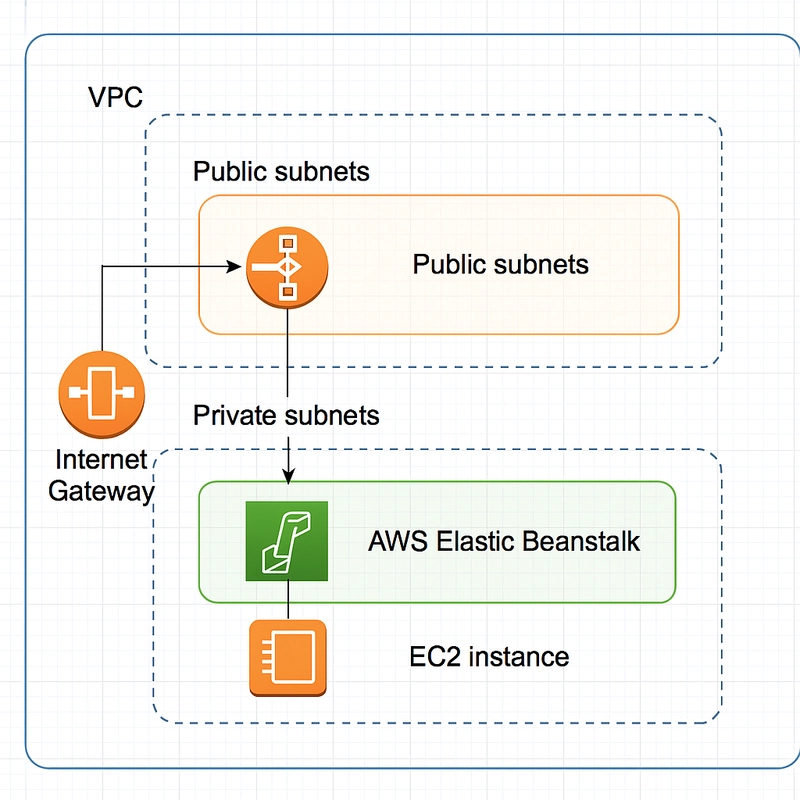
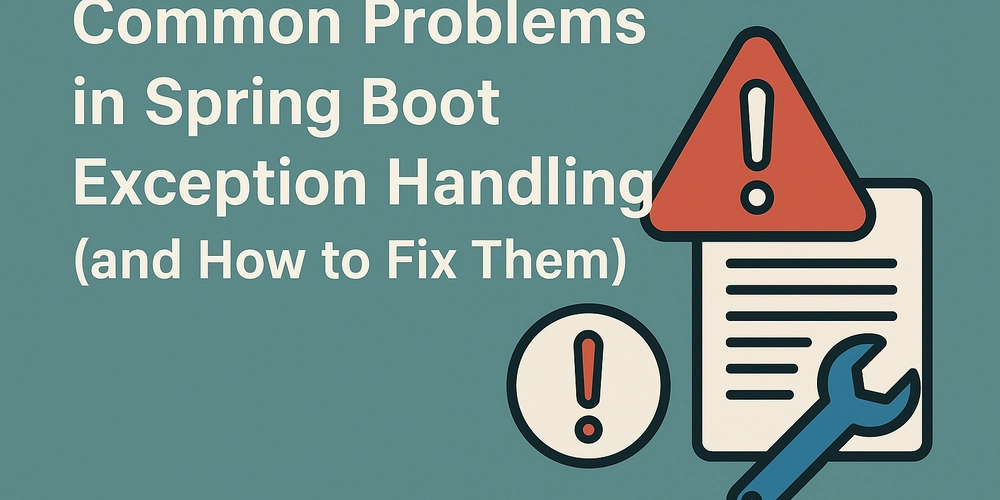










![[DEALS] The Premium Learn to Code Certification Bundle (97% off) & Other Deals Up To 98% Off – Offers End Soon!](https://www.javacodegeeks.com/wp-content/uploads/2012/12/jcg-logo.jpg)


![From drop-out to software architect with Jason Lengstorf [Podcast #167]](https://cdn.hashnode.com/res/hashnode/image/upload/v1743796461357/f3d19cd7-e6f5-4d7c-8bfc-eb974bc8da68.png?#)








































































































.png?#)

































_Christophe_Coat_Alamy.jpg?#)
 (1).webp?#)





































































































![Apple Considers Delaying Smart Home Hub Until 2026 [Gurman]](https://www.iclarified.com/images/news/96946/96946/96946-640.jpg)
![iPhone 17 Pro Won't Feature Two-Toned Back [Gurman]](https://www.iclarified.com/images/news/96944/96944/96944-640.jpg)
![Tariffs Threaten Apple's $999 iPhone Price Point in the U.S. [Gurman]](https://www.iclarified.com/images/news/96943/96943/96943-640.jpg)

































































































































